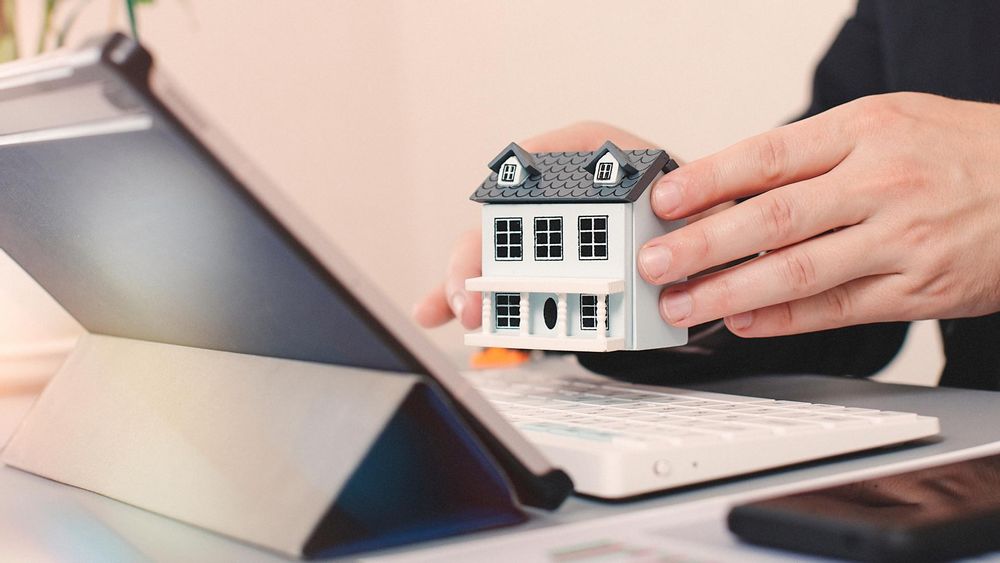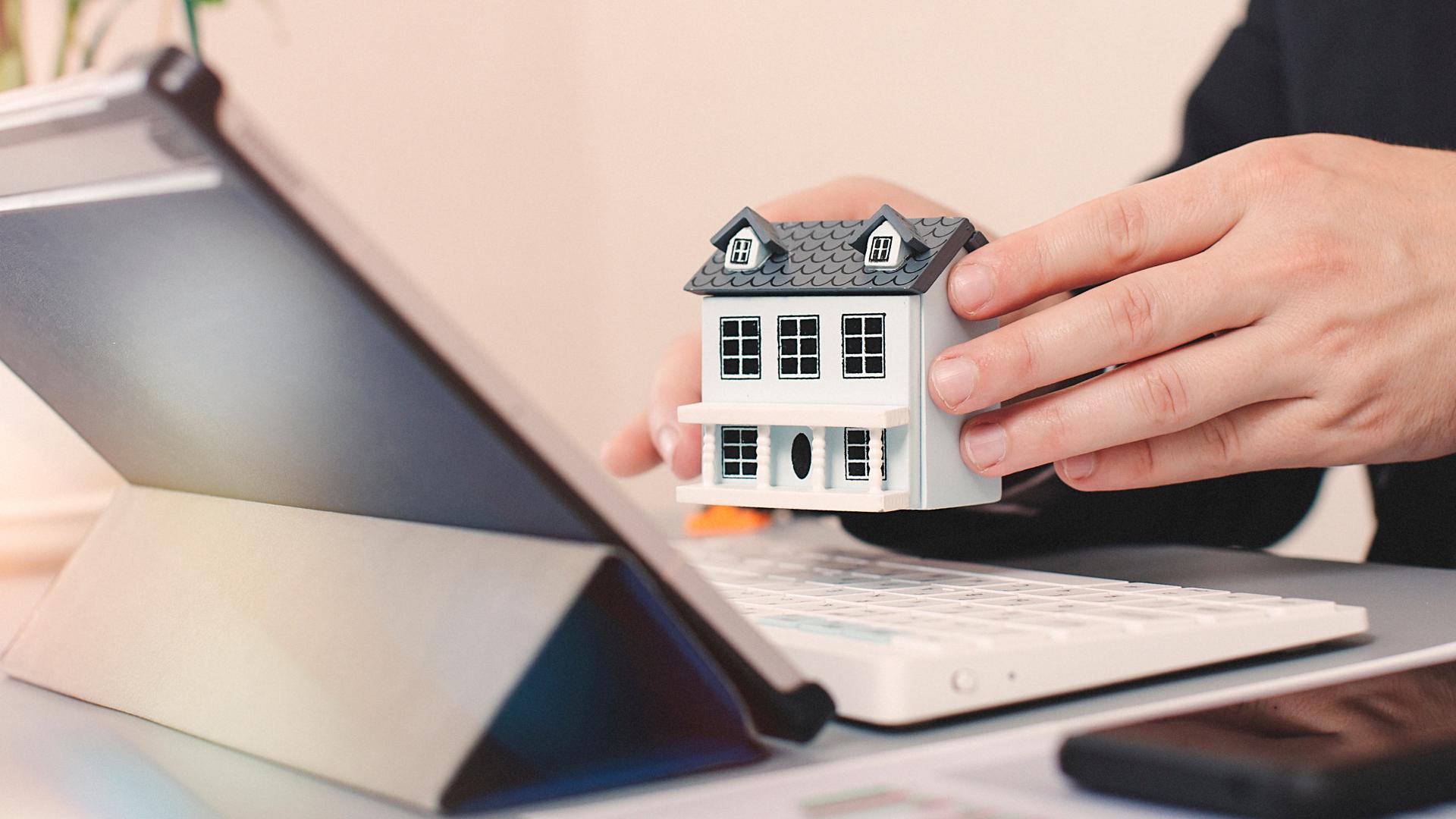In an incredible move, the South African Reserve Bank (SARB) has been slashed by 200 points (2%) in the last month, since March 2020. This cut translates to a lower prime lending rate of 7.25%, the lowest South Africa has seen in years.
The government is actively seeking to help those currently holding debt throughout the country, in these desperate times of the coronavirus lockdown. The lower interest rate transposes to smaller repayments for those with mortgages or living with debt. Of course, those living off their savings may not be so happy right now.
The question is, what will this do to the housing market in the short and long term. Many believe that our recession is so deeply ingrained, and only being exacerbated with the lockdown, that short-term there will be minimal effect in boosting the economy.
Increased uncertainty has led to the rental market in other countries being less affected than sales, such as the UK which bounced back with a 30% increase in rental searches at the beginning of April. A more robust rental uptake could well apply to South Africa, with society avoiding purchasing significant assets now, such as houses, but still needing to move for work or schools, and instead looking to rent.
Great news for the rental market and landlords who are currently sitting with empty Airbnb properties and stagnant homes. Not so great for the sellers stuck with large bonds and hefty payments that they are unable to meet each month. These sellers will be forced into considering a much lower price than they could have imagined in the heyday of early 2017, to off-load and release the debt.
Not all doom and gloom though. It’s likely that the lower-priced and attainable properties could see some movement, as cash-rich investors take advantage of great deals coming onto the market. With many people off-loading second homes and maybe properties that stretch their current budgets, there will undoubtedly be a glut of properties flooding the market after lockdown, decreasing prices with higher supply and ripe for the picking.
A lower interest rate transposes to people with available money right now (for the deposit and transfer duty), plus a steady income, picking up some serious deals. Along with taking into account the scrapped transfer duty for properties under ZAR1 million this year, means it’s investors’ heaven.
Whether inducing demand will stimulate the South African property market long term is to be seen. It will be many months, and maybe years before the ripple effect of this lockdown and unusual market weakness is fully understood. However, the 200 base cut drop can only be beneficial in increasing sales if it stays low into the future.


